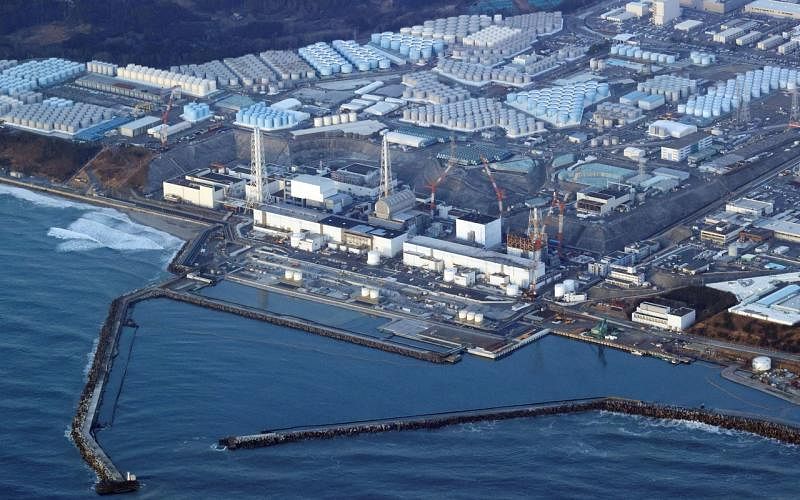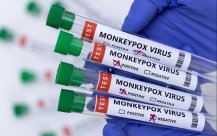 < /P>
< /P>
(Morning News) Tokyo Electric Power Corporation is expected to start testing the use of purification nuclear sewage in September this year to raise fish and abalone, and compare the growth of fish and shellfish in seawater and purifying nuclear sewage.
Kyodo News reported that from March, Dongdian used the sea water around the Fukushima First Nuclear Power Station to raise about 100 bodies with a length of about 25 cm in the sink within the nuclear power plant as preparation and practice.The activity of radioactive substances used in seawater is 0.1 to 1 BECQUEREL per liter.Berkles is a metering unit for radioactivity.
In September, Dongdian will use seawater to dilute and purify wastewater, so that the activity is equivalent to the standard values (1500 Berkler) when it is discharged into the sea, raising about 600 fishes and about 600 abalone.Scientists will investigate the activity of fish and shellfish.
Purifying wastewater is sewage of most radioactive substances outside the "multi -nuclein removal equipment" (ALPS).
Japanese fishery personnel, etc., discharge the purified nuclear sewage into the sea.Ono, the highest person in charge of the Supreme Division of the East Power Fugam First Nuclear Power Station reactor, said: "Even if there is equipment, it is another problem. In order to get everyone's understanding, we will fulfill the responsibility."
It is reported that Japan has begun construction to discharge underwater pipelines that are used in the sea. Once it is completed and is considered "safe and worry -free", it may discharge wastewater to the sea.
On March 11, 2011, a large earthquake occurred in East Japan, and a nuclear accident occurred in the Fukushima first nuclear power plant.Dongdian has created a large amount of nuclear sewage in order to cool the nuclear reactor. For many years, these nuclear sewage can be treated through ALPS, and the water storage tanks stored near the nuclear power plant have been coexisting. The storage tank will reach the upper limit this fall.
In order not to obstruct the scrap operation of nuclear reactors, the Japanese government unilaterally announced that it would discharge wastewater to the ocean in April 2023, trying to "reduce the harm through the dilution of the seawater."
This move caused concerns and opposition in Japan and neighboring countries.




